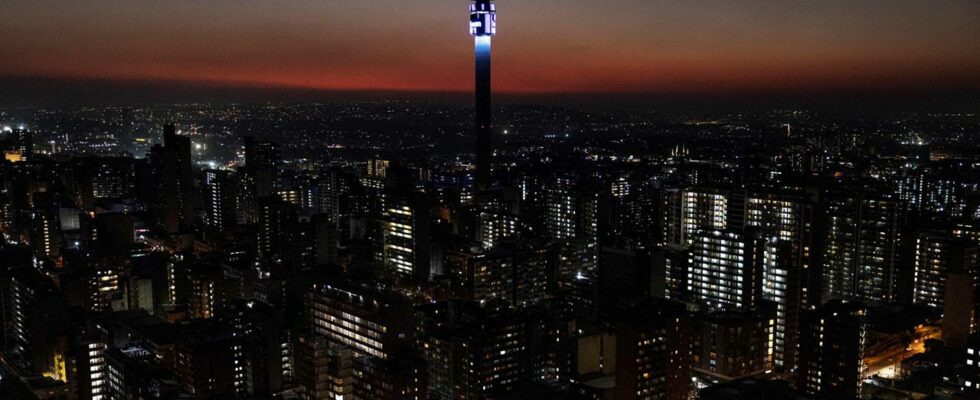analysis
Because of the dilapidated energy infrastructure, the power was turned off every day in South Africa for 17 years. That now seems to be history – even if not everyone believes it yet: Many suspect an election campaign trick.
South Africa in May 2024. All over the country, people are rubbing their eyes in disbelief and asking themselves: How can it be that electricity is suddenly flowing again, around the clock, when you need it?
Since the end of March, the troubled country has been experiencing a real energy miracle. For 17 years, so-called load shedding was part of everyday life. It sounds harmless, but it simply means that the power has to be switched off every day. Sometimes even for ten or twelve hours, because the energy demand can no longer be met due to dilapidated power plants and lines.
Corruption, mismanagement and organized crime have further exacerbated the problems. But suddenly everything is working and the crisis seems to have been overcome, as if by magic.
Repair – or part of the election campaign?
It’s just a trick, and a rather expensive one at that – that’s what many people believe. The suspicion is that the ANC-led government is exerting a lot of pressure behind the scenes to ensure that the state-owned energy company Eskom keeps its customers happy and ensures that the power supply does not collapse in the weeks before the parliamentary election. For example, by burning a lot of diesel in reserve power plants. So that the ANC, which is struggling in the polls, can finally spread some good news.
Not true, says Electricity Minister Kgosientsho Ramokgoba. He sees the intensive repair work in the power plants as the main reason for the stabilization of the situation: “All these efforts are planned, that is not surprising, and the prospects are even better.”
“Thanks to the hard work at Eskom”
The app of the electricity provider Eskom, which usually indicates blackouts, proudly counts the days in which the country has been spared the usual outages. It has now been more than eight weeks in a row, the last time that happened was more than three years ago.
“We owe this to the hard work of the people at Eskom, there can be no talk of an election campaign trick“says President Cyril Ramaphosa. He hopes that things will continue as they have recently, but is being cautious.
African National Congress (ANC) President Cyril Ramaphosa stands on the podium in front of supporters during the party’s final rally before the upcoming elections at the FNB Stadium in Johannesburg. The election will take place on May 29.
Expert: Government has recognized the seriousness of the situation
Independent energy expert Chris Yelland also believes the conspiracy theories are far-fetched. Simply flip a switch and pretend the crisis is over? Eskom is too big and the electricity crisis too complex for that.
He believes that the government has finally recognised the seriousness of the situation and is doing what should have been done years ago. Namely, pushing ahead with maintenance work in the power plants and the expansion of renewable energies: “The government is taking action, Eskom is taking action and so is the private sector, and we should be grateful for that.”
More solar, more coal
In fact, politicians, companies and many citizens are investing in renewable energies. Recently, solar systems were able to cover more than ten percent of electricity needs, and the trend is clearly rising.
At the same time, Eskom wants to extend the lifespan of its coal-fired power plants, which is not popular with climate activists. The company is also considering installing mini nuclear reactors in old power plant blocks, even though the technology is still a long way from being ready for series production.
And yet, many people hope that the government is telling the truth, that the coming winter will not be too bad and that the era of load shedding is really coming to an end – even if one or two people still have their doubts and believe they were born to suffer.

